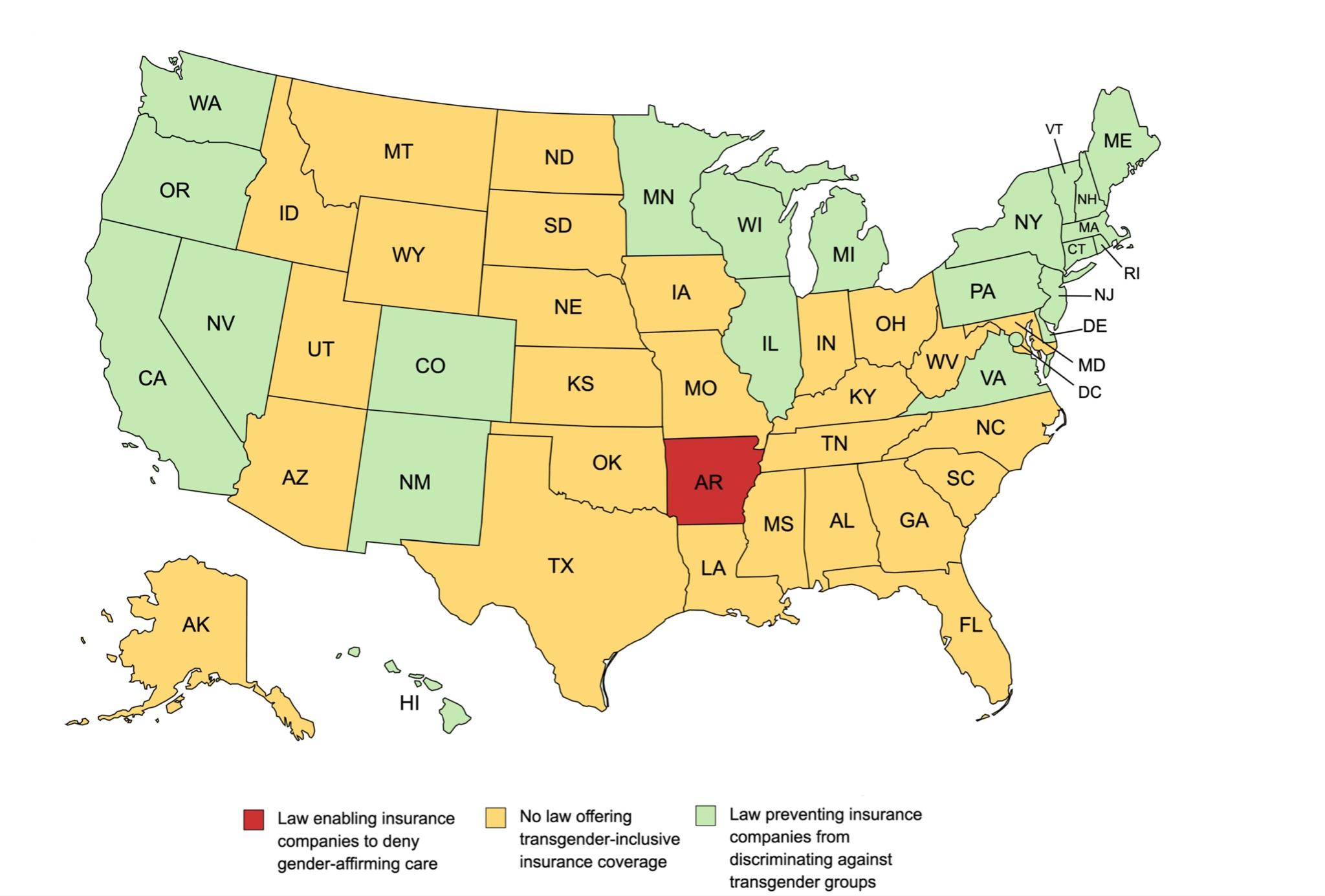
Navigating the Labyrinth of Care for Transgender and Gender Nonbinary Patients: Complexities and Considerations
The landscape of healthcare for transgender and gender nonbinary (TGN) individuals is an ever-evolving tapestry of progress and challenges. While strides have been made towards understanding and supporting the unique needs of this community, significant hurdles still impede access to equitable and comprehensive care.
Understanding the Needs of TGN Patients
Transgender individuals experience a disconnect between their gender identity and the sex assigned at birth, while gender nonbinary individuals identify as neither exclusively male nor female.
TGN patients face a multitude of health disparities compared to their cisgender peers, including:
- Higher rates of depression, anxiety, and suicidal ideation
- Increased risk of HIV and other sexually transmitted infections
- Limited access to gender-affirming healthcare, such as hormone therapy and surgery
Barriers to Adequate Care
TGN patients confront numerous barriers to receiving appropriate healthcare, including:
- Transphobia and discrimination: Discrimination in healthcare settings can lead to denial of care, misgendering, and verbal or physical abuse.
- Lack of provider education: Many healthcare providers lack adequate training in TGN healthcare, resulting in incorrect diagnoses, inappropriate treatment, and insensitive interactions.
- Limited insurance coverage: Gender-affirming healthcare is often not covered by insurance, making it financially inaccessible for many TGN individuals.
Evidence-Based Approaches to Care
To address these challenges, healthcare providers must adopt evidence-based approaches to TGN care that emphasize:
- Respectful and affirming communication: Using patient-preferred language, respecting pronouns, and avoiding stigmatizing language.
- Culturally competent care: Understanding the diverse experiences and needs of TGN individuals, including factors such as race, ethnicity, and socioeconomic status.
- Evidence-based interventions: Utilizing effective therapies for TGN mental health, hormone therapy protocols, and surgical interventions.
Perspectives and Lived Experiences
The experiences of TGN individuals seeking healthcare vary widely. Sarah, a transgender woman, shares her struggles with providers who misgendered her and denied her access to hormone therapy.
Conversely, Ethan, a gender nonbinary individual, describes their positive experience with a nurse who used their preferred pronouns and referred them to a gender-affirming clinic.
These contrasting narratives highlight the critical need for healthcare providers to recognize the unique needs of TGN patients and provide compassionate and affirming care.
Research and Policy Implications
Ongoing research plays a vital role in improving TGN healthcare outcomes. Studies have shown that gender-affirming care can significantly reduce mental health disparities and improve quality of life.
Policymakers must also prioritize the inclusion of TGN healthcare needs in insurance plans and the allocation of funding for training and support for healthcare providers.
Conclusion
Providing comprehensive and equitable care for transgender and gender nonbinary patients is a complex and evolving challenge. By understanding the unique needs of this community, addressing barriers to care, adopting evidence-based approaches, and listening to the experiences of TGN individuals, healthcare providers and policymakers can create a more affirming and supportive environment for these individuals.
The journey towards equitable TGN healthcare is paved with both progress and challenges. However, by continuing to engage in critical dialogue, confront systemic barriers, and advocate for inclusive policies, we can move closer to a future where all TGN individuals have access to the care they deserve.
